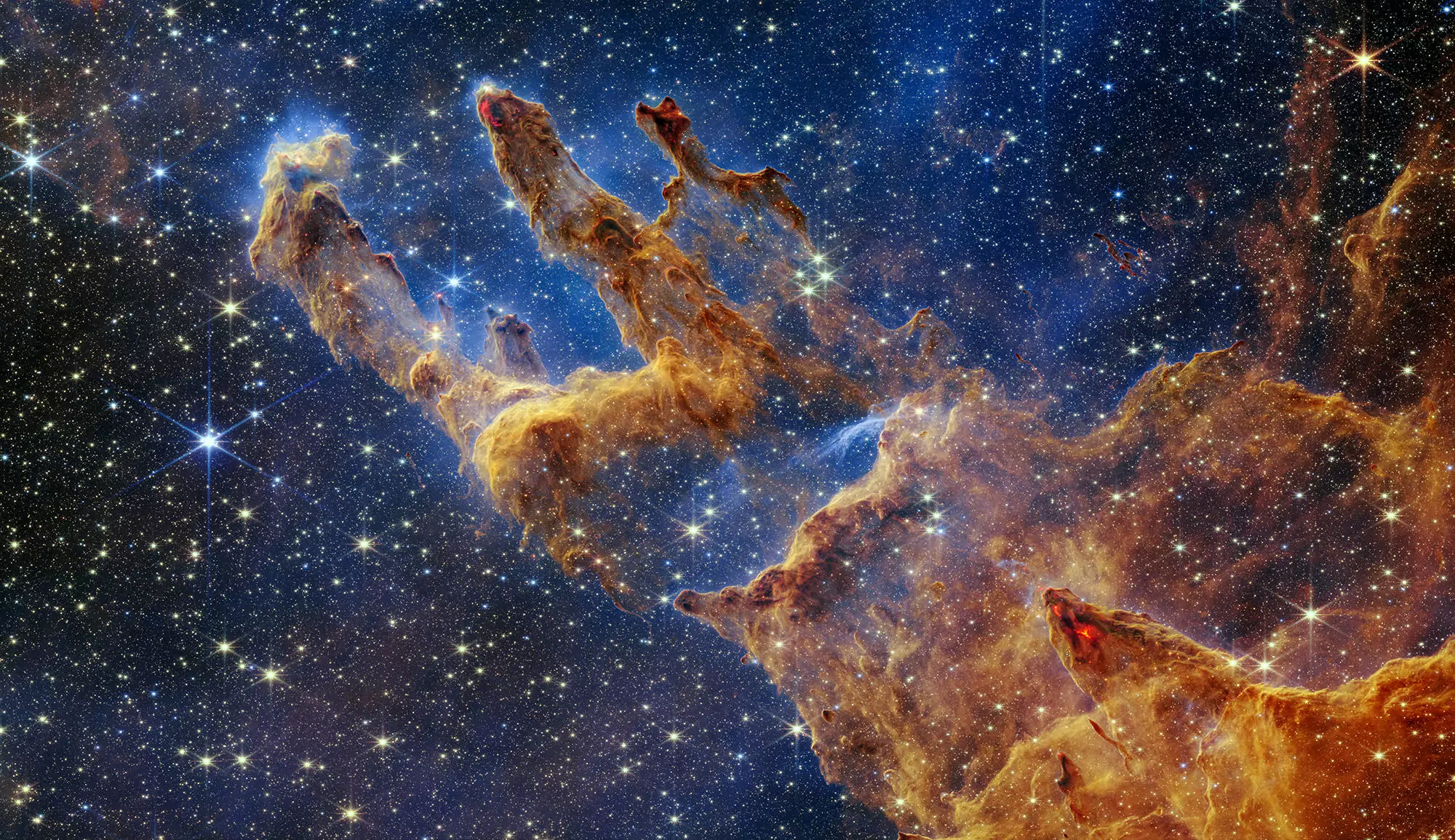Les bases de données sont des systèmes d’information décrivant les données de manière organisée, dans le but d’en faciliter l’utilisation scientifique. En astronomie ces données peuvent être des observations effectuées depuis le sol ou depuis l’espace, mais aussi des mesures en laboratoire ou des résultats de calculs scientifiques.

Bases de données scientifiques et Observatoire Virtuel
Les données de l’astronomie sont maintenant largement partagées pour permettre une utilisation scientifique la plus large possible et en tirer le meilleur parti possible. La politique de Science Ouverte favorise le libre accès aux données pour permettre aux chercheurs du monde entier de les réutiliser rapidement pour leurs propres recherches, et au public d’accéder facilement aux produits de la recherche et aux progrès scientifiques.
L’une des grandes richesses des bases de données est de permettre de croiser les données provenant de sources diverses et complémentaires, ce qui revient à offrir à la communauté l’équivalent de nouveaux instruments combinant les possibilités de chacun individuellement. Les mécanismes permettant ce type de rapprochement sont à la base de l’Observatoire Virtuel (OV), une infrastructure permettant la publication et l’interopérabilité des bases de données en ligne. L’OV fournit également des outils d’analyse génériques répondant au besoin d’exploiter les masses de données issues des programmes d’observation variés, dont le volume a énormément cru avec l’avènement des nouvelles technologies. L’Observatoire Virtuel est ainsi un cadre organisationnel incontournable des bases de données et des services en ligne, impliquant l’usage de standards de description des données et de protocoles d’accès pour permettre de relever ce défi de la gestion de grandes masses de données, de leur analyse et de leur diffusion.
L’évolution de l’OV, au niveau international, s’effectue dans le cadre de l’IVOA (International Virtual Observatory Alliance) où sont partagées les expertises et sont discutés et officialisés les standards de l’OV. Des consortiums similaires existent pour les données des missions spatiales planétaires (IPDA), l’héliophysique (IHDEA), pour les données de physique moléculaire (VAMDC), etc. Ces différents standards sont eux-mêmes rendus compatibles et interopérables.
Paris Astronomical Data Centre est le Pôle d’Expertise de l’Observatoire de Paris qui met en place et développe l’interopérabilité des bases de données locales, publie de nouvelles collections de données selon les standards communautaires, et contribue aux standard de l’Observatoire Virtuel. Les activités de PADC sont décrites sur son site web.
Les équipes de l’Observatoire de Paris-PSL développent et maintiennent de nombreuses bases de données. Les plus consultées incluent l’Encyclopaedia of exoplanetary systems et le serveur d’éphémérides Miriade. Certaines sont organisées au niveau national comme Service d’Observation de l’INSU, notamment celles qui relèvent de l’ANO5.